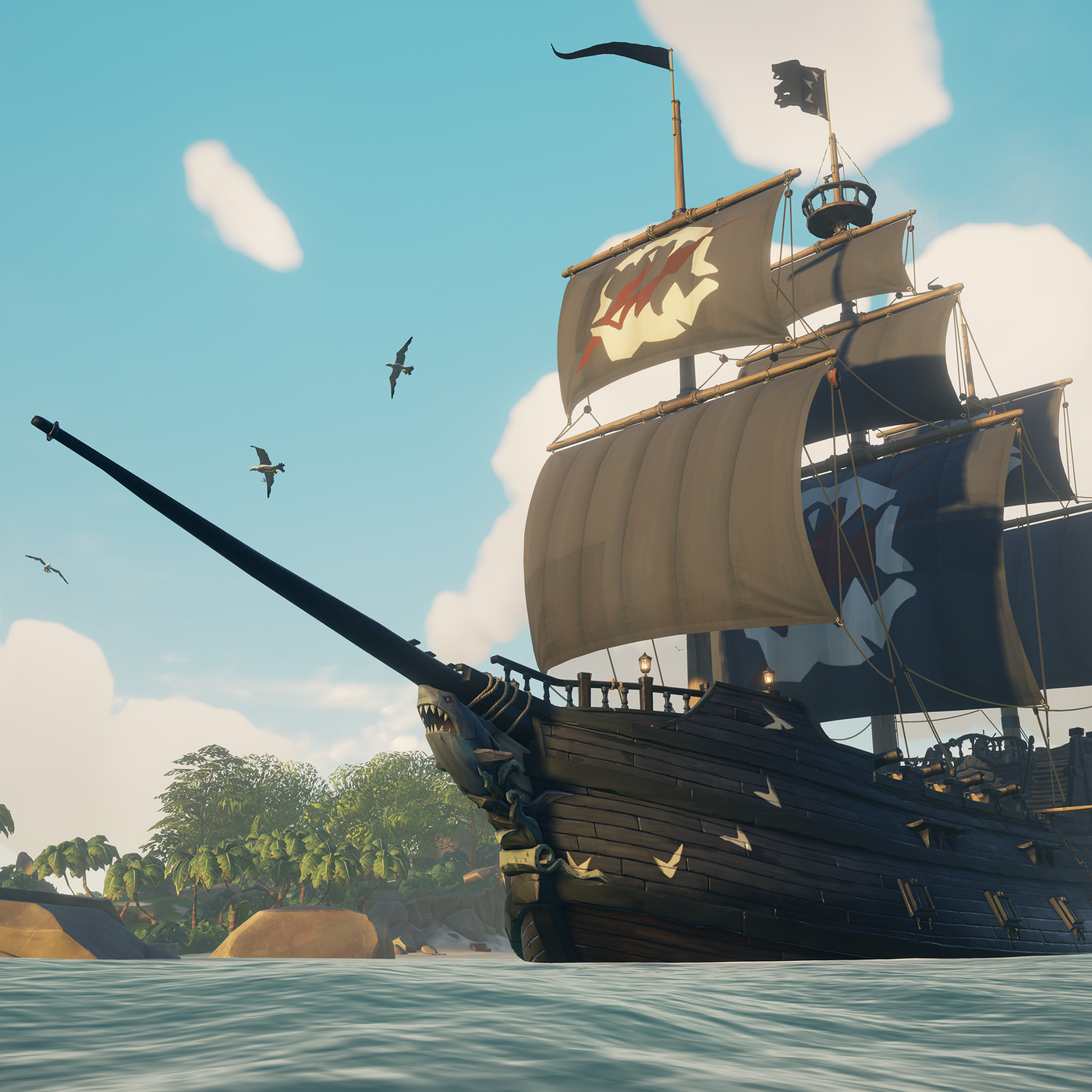
Normally pirate curses refer to treasure hoards that will bring misfortune upon those who steal the gold, but there seems to be a different kind of pirate curse affecting the video game world. Despite, what on paper is, a fantastic setting for a video game, there seems to be a distinct lack of quality pirate themed games out there. The lack of solid titles in this setting makes it feel as though game developers have all the pieces to build something amazing, but someone has misplaced the assembly manual.
It’s not that these games are not being made, we can demonstrate that demand is there, but more often than not these games end up being failures rather than successes. The few standout successes also show that the execution of such a title is feasible. Assassin’s Creed IV: Black Flag is an interesting example. This entry in the franchise often tops lists of good pirate games, despite the fact that the pirate aspects are secondary to it being an Assassin’s Creed title. Rather ironically, it’s often suggested as a good pirate game to play if you can bothered to go through the Assassin’s Creed stuff (note: the story and non-pirate related gameplay isn’t necessarily poor, but holding no interest in the series might put you off playing it if you are just looking for fun on the high seas). If a game can be a title with a primary focus on something other than being a pirate, but still be cited as one of the best games for pirate fun, why can’t a purely pirate themed game pull this off?
There are a few other success stories that are notable. Pillars of Eternity II: Deadfire is an excellent singleplayer RPG with a compelling story, but this falls more into traditional RPG territory with some pirate elements thrown in, and the naval combat is usually seen as one of the game’s weaker aspects. For other examples with merit you need to look either to the indie scene or far back enough to remember some classics. Sid Meier’s Pirates holds a special place in a lot of people’s hearts, but it’s a 2004 remake of a game from the 80s. Similarly, the Monkey Island series is immensely popular, but having to go back that far to find a successful pirate themed title demonstrates the issue. Blackwake is a fun multiplayer arena style ship to ship combat game where each player acts individually on their vessel to load cannons, fire broadsides, repair damage and pump out water, as well as engage in boarding actions. It has a lot of good things going for it, although it’s hard to ignore that it was created by a tiny team on a limited budget, and players may be looking for a game with more money behind it. 2016’s Tempest is a Singleplayer title that wins points for it’s atmospheric style and inclusion of magical elements to mix up the gameplay, but falls down with the story and lacklustre melee combat. Both Blackwake and Tempest both manage to pin down aspects of a good pirate game, but both fall a bit short of delivering the whole package.
Then we have the myriad of failures. It would be unfair to call Sea of Thieves a complete failure, and some additional content as well as an upcoming Steam release may give it a resurgence, but the initial feedback was one of wasted potential. MMO style games tend to be tricky to pull off, so I can give Sea of Thieves a slight reprieve, but it’s lack of content on release was apparent. One of the most egregious examples of a game failing irrespective of genre is 2018’s Atlas, which is known for its meme-worthy abysmal launch more than anything else. 2015 appeared to be a poor year for pirate titles, with Raven’s Cry being a critical failure on launch, and Blood and Gold: Caribbean using the same game engine as Mount and Blade: Warband, but managing to be even buggier. 2017’s Man O’ War: Corsair, which is tied into the Warhammer universe, fared little better and sits on Mixed reviews on Steam.
So why is it that we have so few successes in this genre? Sea of Thieves could reasonably be said to have released before it had enough content to be engaging enough for players, but was otherwise mechanically sound. Looking at the failures and successes listed above, it appears as though most of the efforts are from smaller developers, and although some managed to gain some measure of success, time and/or budget issues appear to be the main limitations of these titles. Major names in the industry don’t seem to have shown great interest in pirate themed titles, and when Ubisoft did decide to go down this route for its 2013 Assassin’s Creed entry, it managed to pull off something other developers have been struggling to do despite it’s pirate aspects only forming part of the game’s content. Ubisoft has put its weight behind Skull & Bones, and although the game has had long delays, the potential for success is massive.




